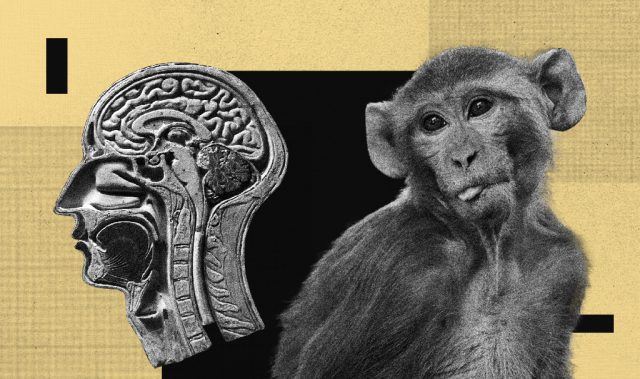
AsianScientist (Jun. 3, 2013) – An international team of researchers from China and the United States has released the first major report from a massive survey of Chinese adults over the age of 45, providing critical insights into the most rapidly aging population in the world.
Across 17,708 individuals from both urban and rural areas, from a nationally representative sample of China except Tibet, the researchers found stark gender differences in how men and women age in the developing world.
In the first major report from the China Health and Retirement Longitudinal Study (CHARLS) study, researchers from Peking University, Hong Kong University of Science and Technology, University of Southern California and partners found that older women were much more likely to be in poor health than men.
Most strikingly, women were much more likely to have higher levels of depressive symptoms, with more than 47 percent of elderly women 60 and over and 32 percent of elderly men reporting higher levels of depressive symptoms, such as restless sleep or feelings of fear.
Elderly women, defined in this report as those age 60 and over, also fared much worse than men in other health measures. More than 27 percent of elderly women reported needing help with basic daily activities, compared to 20 percent of older men, and were much more likely to report pain: 39 percent of elderly women reported body pain, compared to 28 percent of men.
About 24 percent of men age 60 and over are overweight, compared to 32 percent of elderly women, while hypertension affected 59 percent of elderly women and 49 percent of elderly men.
Health findings correlate strongly to education, and the survey also found that older women are much more likely to have no schooling than men of the same cohort. Among adult women aged 45 and over, a full 39 percent have no schooling, compared to just 11.8 percent of men.
“The fact that women are consistently worse off than men across multiple dimensions of well-being is a striking finding of the CHARLS survey that definitely merits further investigation. While it is true that elderly women in many countries are in poorer health than men, some of the gender gaps we find in China are quite large, such as those for depressive symptoms and cognitive function,” said Albert Park of the Hong Kong University of Science and Technology, a principal author of the report.
Individuals in the CHARLS study will be followed-up with every two years, allowing researchers to track whether these gender differences remain the same or change in the next decade as China continues to develop.
Yaohui Zhao of the National School of Development of Peking University, Strauss and Gonghuan Yang of the Chinese Academy of Medical Sciences and Peking Union Medical College, are the principal investigators of the study.
The report can be found at: China Health and Retirement Longitudinal Study (CHARLS).
——
Source: China Health and Retirement Longitudinal Study; Photo: World Bank Photo Collection/Flickr/CC.
Disclaimer: This article does not necessarily reflect the views of AsianScientist or its staff.
#Aging #Central University of Finance and Economics #China #China Health and Retirement Longitudinal Study #Chinese Academy of Medical Sciences #Chinese Center for Disease Control and Prevention #National Natural Science Foundation of China #Peking Union Medical College #Peking University #Tsinghua University #World Bank #Xiamen University












